School Gardens
-
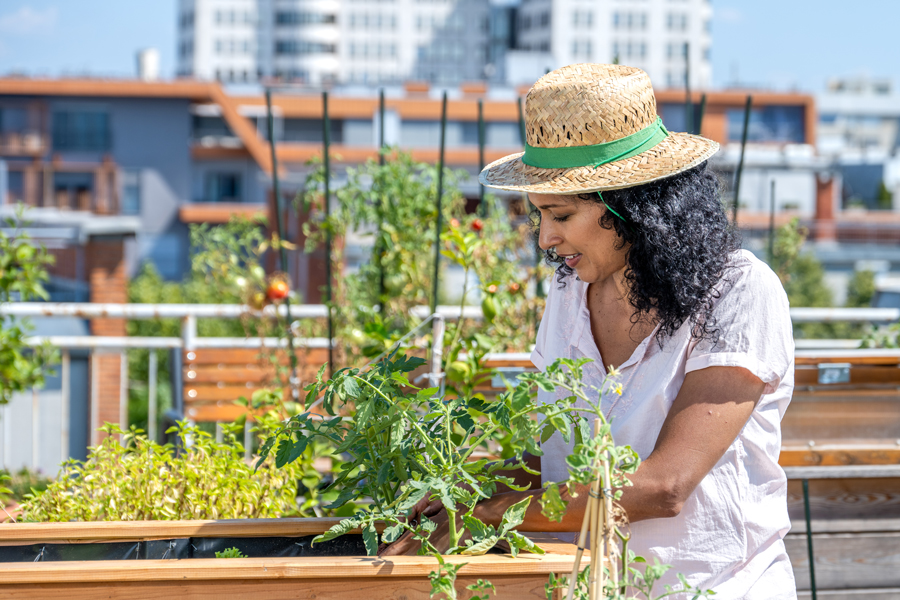
Urban gardeners and farmers may have concerns about potentially harmful contaminants in their soils. By determining the historical use of the land, one can test for soil contamination associated with prior use. This publication outlines appropriate testing procedures for soil contamination and recommends best gardening practices for working in urban soils.
Jason Lessl
|
-
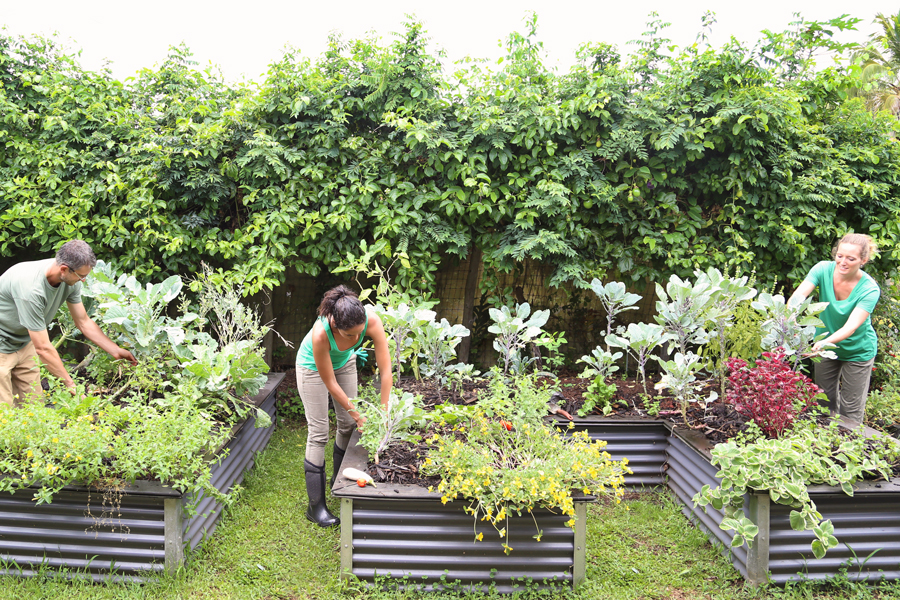
Summer management of the school garden can be a challenge for educators and school gardeners. This resource presents several possible strategies for handling the garden so that teachers and administrations come back to school in the fall with a garden ready for use.
Becky Griffin, James Morgan, and Erin Harper
|
-
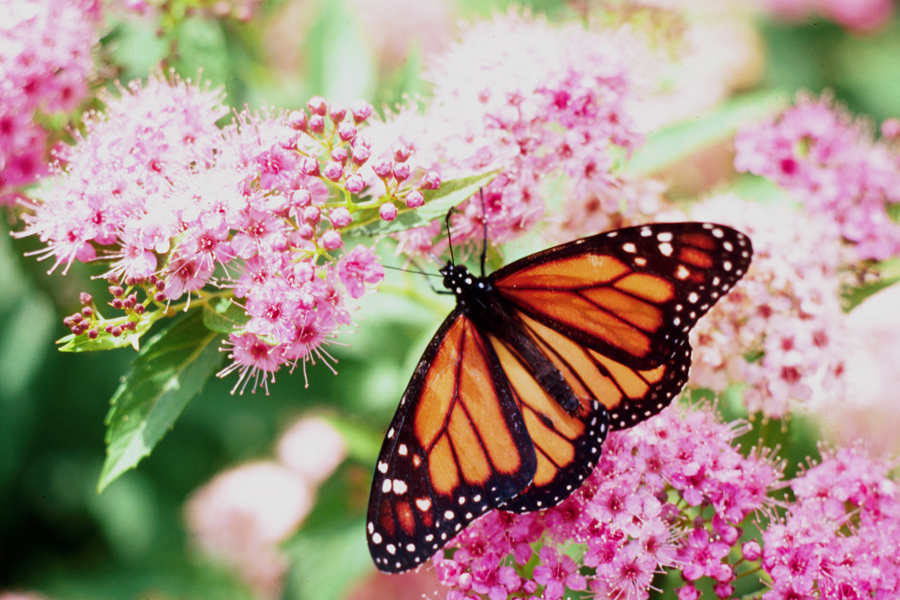
Monarch butterflies travel on air currents and cross more than 3000 miles in the winter to reach their overwintering sites in Mexico. The loss of this habitat, combined with diseases, pesticide use, and loss of larval hosts (i.e., milkweed), are causing a decline in Monarch populations. The larvae need milkweed to develop, and the adults need nectar for migration and survival day-to-day, so more nectar sources and milkweed plants are needed to sustain their migration patterns. This resource can help you select flowering plants and milkweeds that can help conserve the migrating monarchs, especially when planted along farm-reserved lands and urban gardens.
Shimat V. Joseph and William G. Hudson
|
-
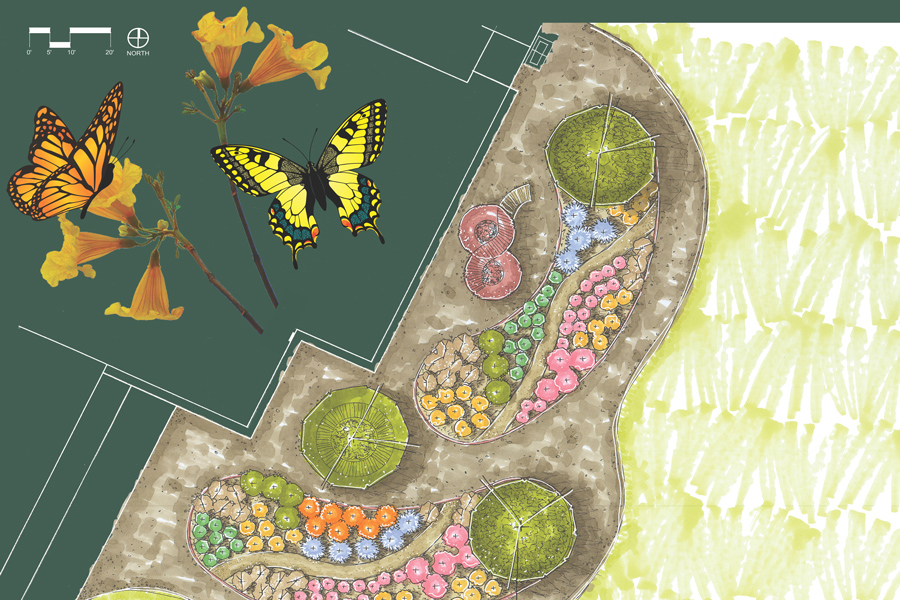
The lead author of this publication is Katherine Melcher, College of Environment and Design. The UGA Extension contact for the publication’s content is Becky Griffin. Providing opportunities for youth to design their environment can increase their connection to everyday nature and increase their sense of empowerment. By combining ecology and design, garden design can also be a central piece in STEAM (science, technology, engineering, art, and math) education. This activity guide contains five chapters that explain the purpose of pollinator gardens, the design process, and the basic steps used to create a planting plan. The chapters are supplemented with activities to guide youth and other beginning designers through the process of creating a pollinator garden.
Becky Griffin
|
-
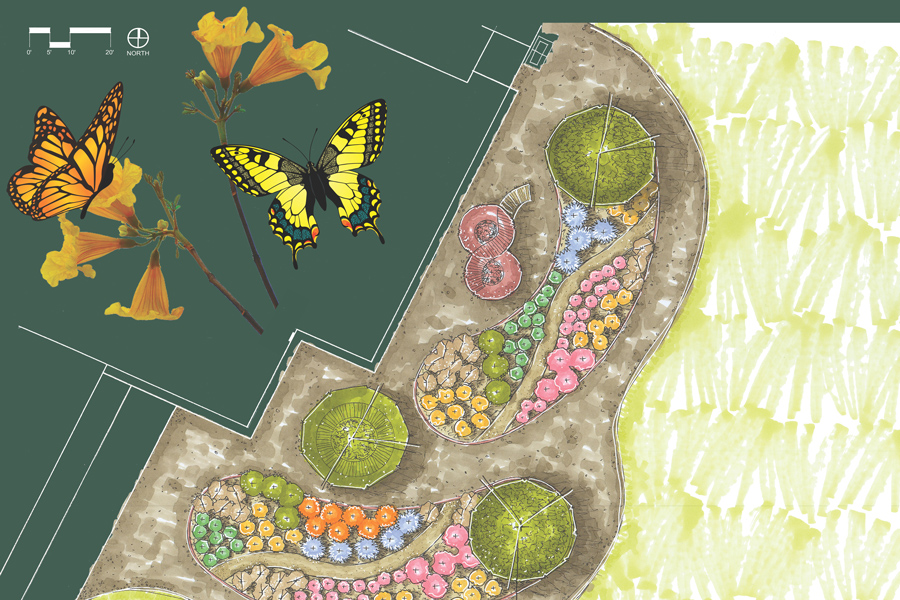
The lead author of this publication is Katherine Melcher, College of Environment and Design. The UGA Extension contact for the publication’s content is Becky Griffin. These appendices provide information about plants that grow well in Georgia’s Piedmont Ecoregion, as well as to-scale plant symbol and plant ID card templates for use in creating design plans.
Becky Griffin
|
-
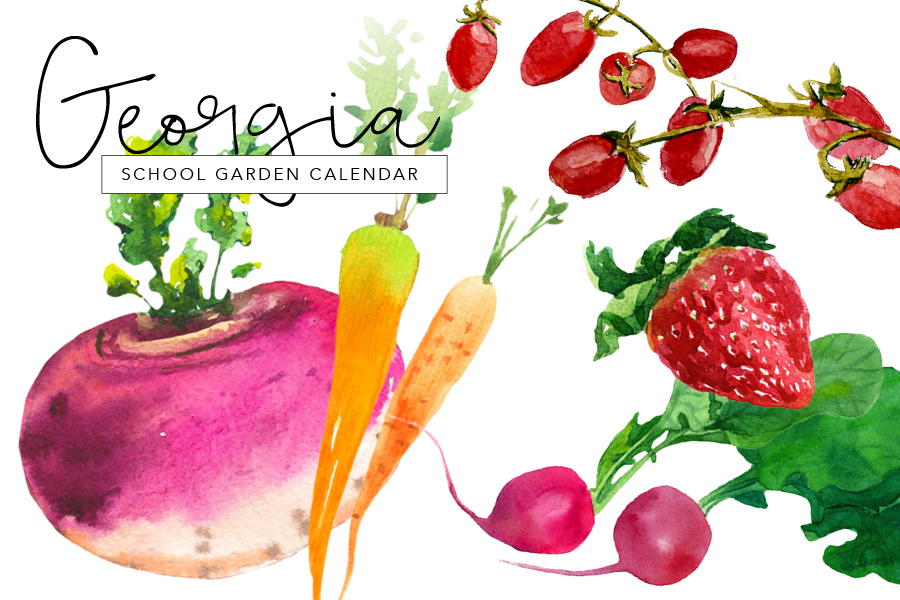
The Georgia School Garden Calendar gives school gardeners month-by-month guidance on growing and using a school garden successfully. Each month, this resource provides information on the horticulture of the school garden, classroom and curriculum ideas, and administrative and organizational tips.
Becky Griffin, Ashley Hoppers, and Alicia Holloway
|
-

C 1027-7
Garden Sheds
This publication provides information about storage sheds for community and school gardens, including local building codes, siting a shed, and alternatives to traditional sheds.
Bob Westerfield and David Berle
|
-

C 1027-9
Garden Fencing
This publication describes options for fencing a community or school garden, including fence types and materials.
Bob Westerfield and David Berle
|
-

C 1027-11
Sources of Water for the Garden
This publication discusses the advantages and disadvantages of various sources of water for a community or school garden, including municipal water, rivers or creeks, ponds, wells and rainwater.
Bob Westerfield and David Berle
|